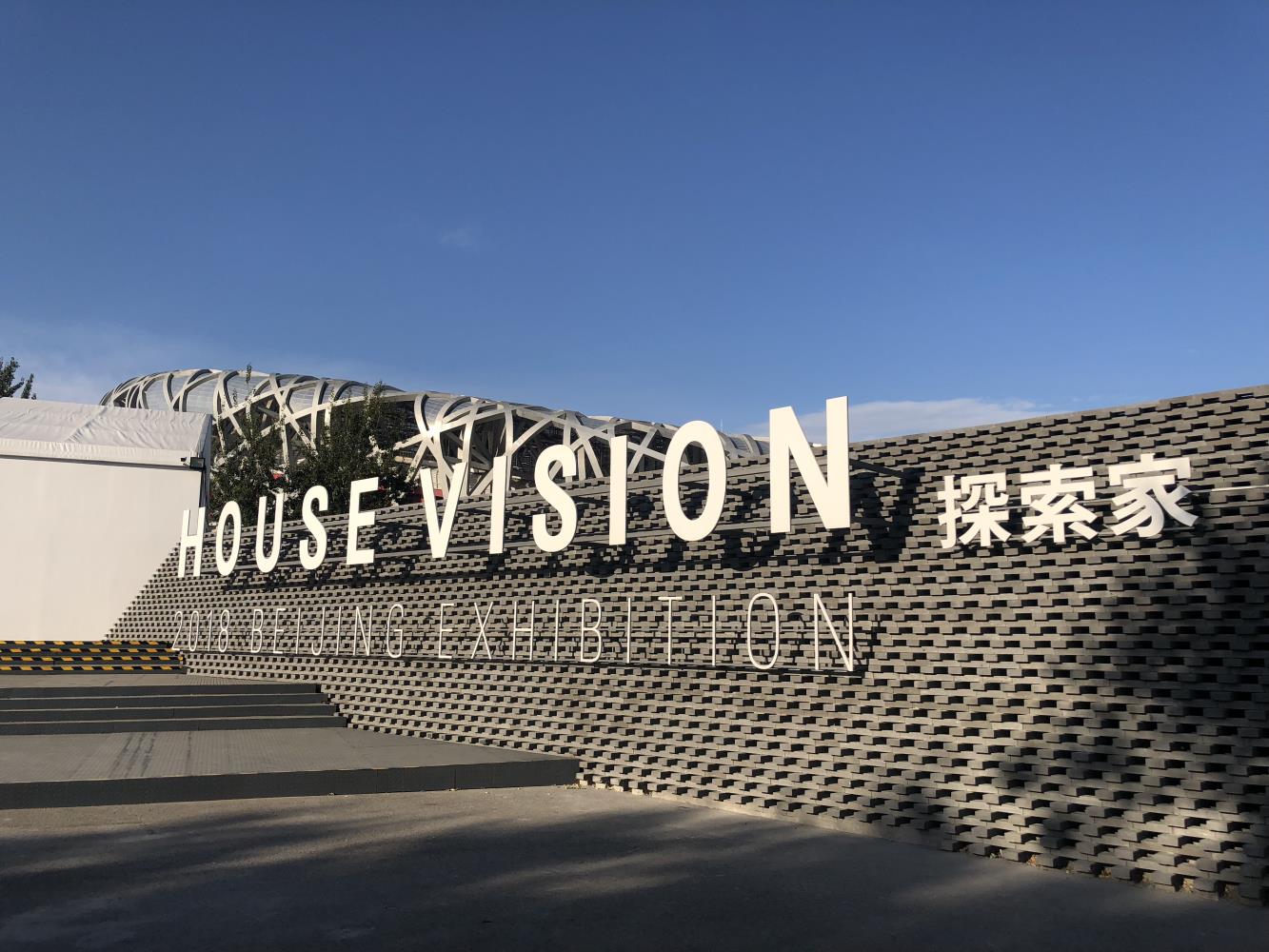Un obtained the dual Bachelor degrees in Chinese Language and Art (film and television production) of Peking University and dual Master degrees in East Asia Studies and Asia Pacific Studies of University of Toronto with the research field in literature and movies. She won the Henry Luce Foundation Chinese Poetry & Translation Fellowships and had been the village residing poet in the Vermont Creative Studio. She was invited to attend many international poem festivals such as the one held in Portugal and worked as the lyricist of Macao’s first original indoor opera A Fragrant Dream. She published some collections of poems in Cross-Strait regions, and has been engaged in academy and publication for long time and writes columns for media organisations in Taiwan, Hong Kong and Macao.
In Beijing, you can basically live without any cash with you these years as mobile payment has become mainstream. It is fair to say that Beijing, a historical city that had been the capital of six ancient Chinese dynasties, has become quite advanced technologically.

By the eve of the 2008 Beijing Olympics, I had lived in Beijing for four years. I witnessed the construction of the futuristic buildings for the sports fiesta and the upcoming technological revolution. But it wasn’t until I visited China House Vision at the Bird’s Nest (Beijing National Stadium), that I finally realised that the overwhelming robustness and prosperity in Beijing are a symbol of the future.
The exhibition was launched by renowned Japanese designer Kenya Hara. The exhibition gathers ten incredible architects from China and overseas and collaborates with ten enterprises. Ten smart homes were exhibited, showcasing the theme of future homes. The smart homes cover themes such as smart assistant, sustainable energy, shared apartment, interstellar immigration, etc., aiming to encourage the public audience to think about the lifestyle they might have in the future and the development of the world.
It is no surprise that China House Vision would choose Beijing, a city famous for its sci-fi scene, as the exhibition site. In 2000, World Science Fiction Convention had moved to Beijing. Many science fictions, for example, Hao Jingfang’s Folding Beijing, are set in Beijing.
Chinese science fiction has one hundred-year history and bears the responsibility of education for the greater good. Liang Qichao considered science fictions as a new form of fictions and wrote The Future of China in 1902, imagining a civilised new China in 60 years. Lu Xun even said that “science fictions would guide Chinese people’s future.” He even translated Jules Verne’s From the Earth to the Moon into Chinese and expected to bring new ideas to Chinese people.
As the political and social environment in China continuously changes, science fictions had been considered as a tool for indoctrination and then a tool for science education. During the 50s and 70s, science fictions imagined a communist society, for example, Zheng Wenguang’s From Earth to Mars. In the 80s, science fictions were considered “mental pollution”. Later in the 90s, science fictions served the hopes of modernisation. But they were categorised as books for science education.
The science fiction scene reached a turning point after we entered the 21st century. A large number of quality science fictions started to emerge from China, through which the west and the academia were able to have a glimpse of the rising economic powerhouse. Chinese sci-fi writer Liu Cixin and Hao Jinfang were awarded the highest honour Hugo Award in the world of science fiction. Their works have been recognised internationally. Liu Cixin’s bestselling sci-fi series The Three-Body Problem has been translated into multiple languages and has been adapted to 3D theatre play. The film adaptation right of this intellectual property is priced at USD1 billion. The Three-Body Problem is not only a successful case of the cultural and creative industry in China, but also changed the public’s perception on science fictions. People no longer see science fictions as books for teenagers and kids. Science fictions have entered the public arena from its small circle, becoming profitable cultural products. There is no doubt that science fictions enjoy many advantages in a progressing China.
In contrast to futuristic, we also see the absurdity of the current reality. The absurdity brought along by the rapid modernisation in China makes the reality even more like science fiction. China’s science fictions are given the title of “sci-fi realism” as they are more about reflecting on the current reality instead of imaging the future. As the second biggest economy in the world, China is facing drastic changes brought by technological advancements, such as the rise of the big data era, space projects, virtual reality, AI and gene editing. Science fiction writers have already started to think about how to establish a new order in an unknown new world and what role Chinese culture will play in the new world. Just like what Liu Cixin once commented, “Imagination is the only advantage humans have over AI.” Whether science fiction can make China a major sci-fi power depends on how we value our imagination and how we use it.
“The future is like a downpour in the summer. It hits us before we can open the umbrella. I was frustrated to learn that when science fiction becomes a reality, nobody seems to find it exciting anymore,” Liu commented. He believes that the current reality is the key to the future. Just look at mobile payment for example. We used to find paying things with our smartphone innovative. But now it is just part of our daily routine. What science fiction writers do is they showcase the anticipation and expectation of the future before the new norms and technologies become mainstream. They challenge people’s perception and take readers to the fringe of their imagination, connecting now and the future.